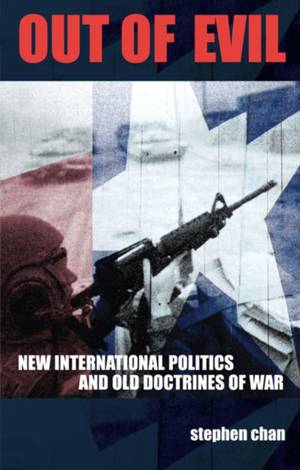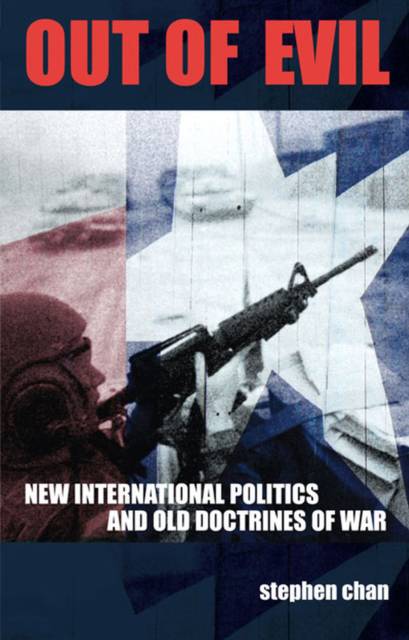
- Retrait gratuit dans votre magasin Club
- 7.000.000 titres dans notre catalogue
- Payer en toute sécurité
- Toujours un magasin près de chez vous
- Retrait gratuit dans votre magasin Club
- 7.000.000 titres dans notre catalogue
- Payer en toute sécurité
- Toujours un magasin près de chez vous
29,45 €
+ 58 points
Description
George Bush's "Axis of Evil" was the expression of a new rhetoric of morality in world affairs, mirroring the ideology of the president and his neoconservative policy advisors. In its fight against evil, the U.S. has economically and politically broken the Soviet Union, waged war against Afghanistan, toppled the Taliban regime, confronted Al-Qaeda, and threatened Syria, Iran, and Northern Korea. But what is this notion of "evil," which has become part of the language of international politics? What are its historical origins and its moral, political, and legal foundations? Is the fight against evil merely a new form of imperialism? In this powerful new book, Stephen Chan tackles the notion of evil in international relations and warns against its potency as a tool for policy makers. The war of ideas is closely examined and its practical and political implications---from Francis Fukuyama's The End of History and the Last Man to Samuel Huntington's The Clash of Civilizations and the Remaking of World Order to Robert Kagan's Of Paradise and Power---are given close critical attention. The greatest danger in combating what is broadly defined as evil, Chan concludes, lies in a failure to grasp its nuanced nature in favor of attempts to vanquish it with unprecedented might.
Spécifications
Parties prenantes
- Auteur(s) :
- Editeur:
Contenu
- Nombre de pages :
- 176
- Langue:
- Anglais
Caractéristiques
- EAN:
- 9780472030859
- Date de parution :
- 31-01-05
- Format:
- Livre broché
- Format numérique:
- Trade paperback (VS)
- Dimensions :
- 140 mm x 217 mm
- Poids :
- 226 g







